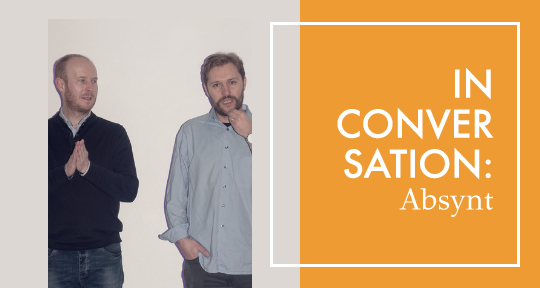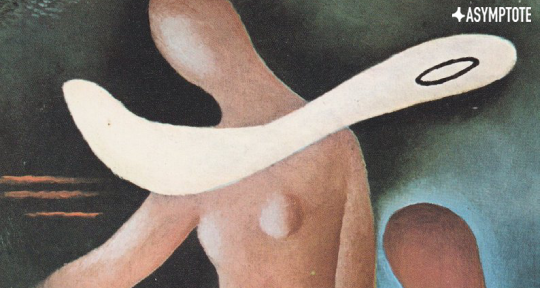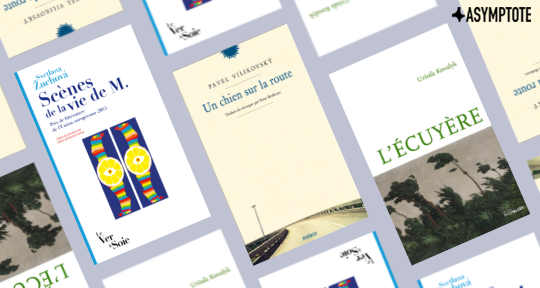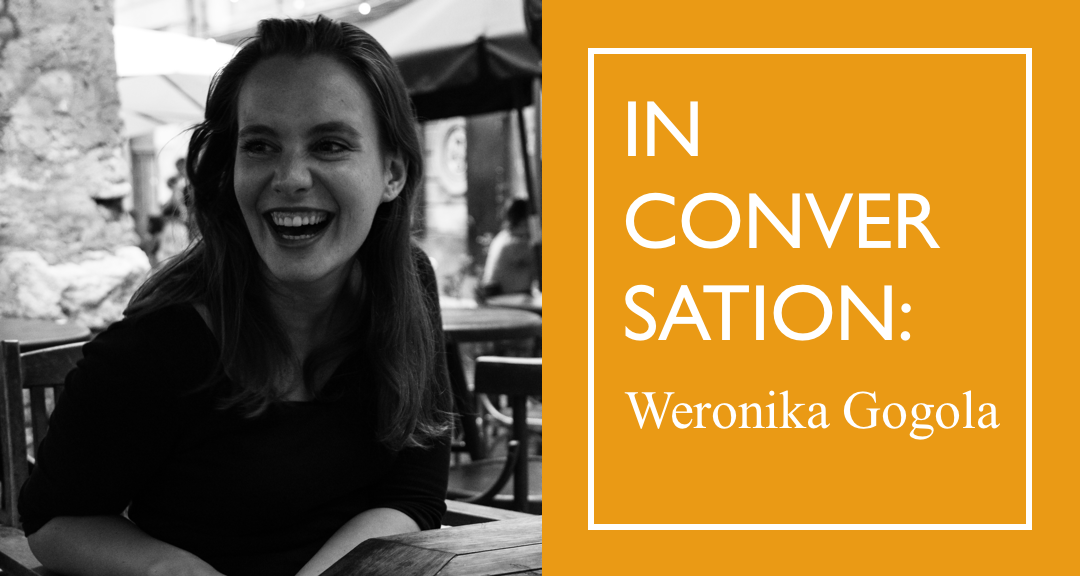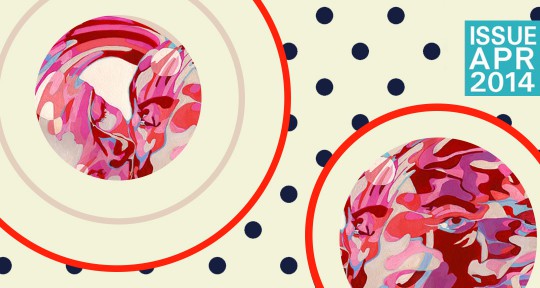Is Asymptote edited anonymously? That was what someone seemed to suggest recently on Twitter—as if we were a bunch of bots. As a matter of fact, our editor-in-chief—and only full-time team member—is based in Taipei (although he made an appearance in a London translation symposium recently, which you can read about below), where he collaborates with 90+ team members from around the globe. Being virtual means our team members are often active (and physically present) literary citizens in other arenas. For evidence, look no further than this quarterly update celebrating our staff’s recent accomplishments.
Chris Tanasescu (aka MARGENTO, editor-at-large for Romania & Moldova) jointly presented with Diana Inkpen a paper on “Poetry beyond Poetry: Applying GraphPoem Outcomes in DH, NLP, and Performance” at DH Benelux 2019.
Please join us in congratulating Ellen Elias-Bursać, contributing editor, appointed to President of the American Literary Translators Association on Nov 7.
Editor-at large for Slovakia Julia Sherwood‘s most recent co-translations with Peter Sherwood Big Love by Balla and The Night Circus and Other Stories by Ursula Kovalyk were recently reviewed in The London Magazine by assistant editor Andreea Scridon.
José García Escobar, editor-at-large for Central America, published the first installment in a four-part series about last year’s migrant caravan at the Evergreen Review on Oct 30. READ MORE…


